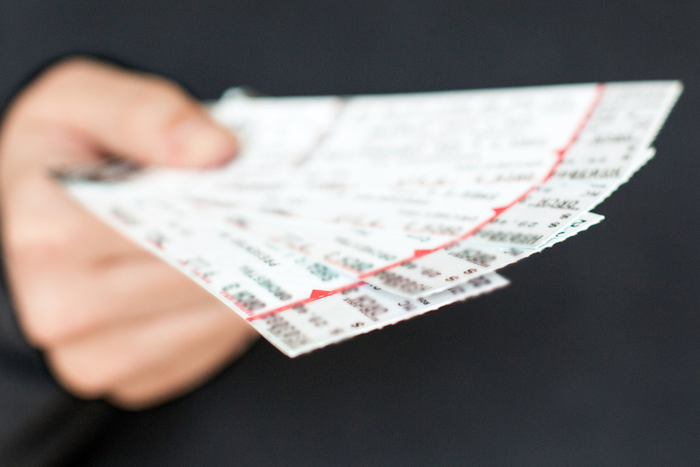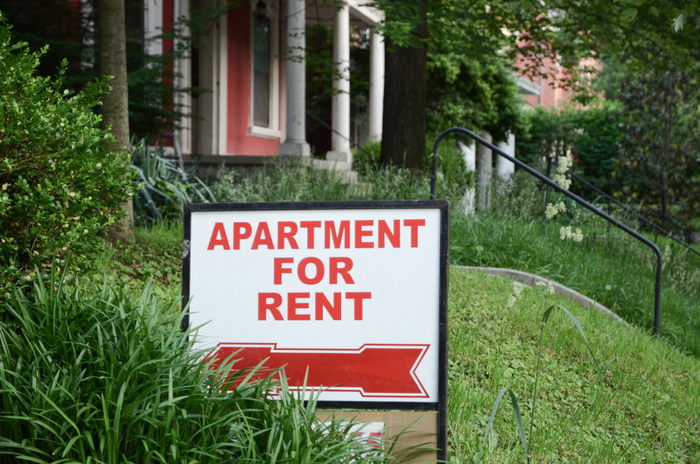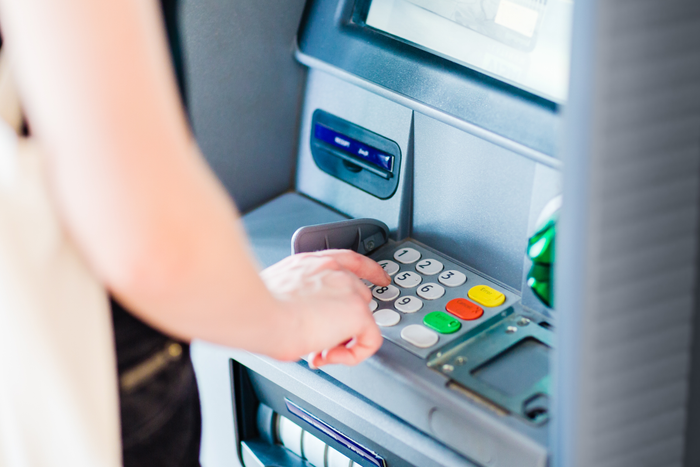The Better Business Bureau Serving Metro New York has a few tips on how to be a savvy traveler and make sure your visit to New York City is a happy experience.
A traveler's guide to New York City
New York City welcomes you! NYC is a fantastic travel destination. In the City That Never Sleeps there is no lack of terrific things to see and do. It is also a shopper's paradise, whether you are looking for classic elegance or the latest trends. While the vast majority of stores in the Big Apple are great places to shop, there are some “bad apples” too.
The Better Business Bureau Serving Metro New York has a few tips on how to be a savvy traveler and make sure your visit to New York City is a happy experience.
Key tips for visitors to New York City:
- Book tours and buy tickets well in advance.
- Check to be sure sellers are legitimate before you buy or share personal information.
- Pay with a credit card to get buyer protection features.
- Visit BBB.org to see reports on New York City businesses.





